“The study of history is a powerful antidote to contemporary arrogance. It is humbling to discover how many of our glib assumptions, which seem to us novel and plausible, have been tested before, not once but many times and in innumerable guises; and discovered to be, at a great human cost, wholly false. ”
― Paul Johnson
History is important. Very important! As I write this social media is agog with the news that Archbishop Desmond Tutu died this morning. While many people are mourning him, there are some who have begun posting videos online about his appeal to Winnie Mandela during the TRC meetings claiming Tutu was begging Winnie to apologize as though she was responsible for apartheid. The contemporary arrogance, ignorance, and history-twisting moves by people who claim to be intellectuals (joined together with nearly everyone who has access to the internet) need to be checked, always! There is no way to do this without the reading of history.
In that video where Desmond Tutu was begging Winnie, he was begging her to apologize for the killing of Stompie, of which he was last seen at the house of her daughter and she was the matron of the team responsible for killing him, the Mandela Football Club.
Here’s the history list
The Fortune of Africa by Martin Meredith
Martin Meredith’s The Fortune of Africa is ambitious on a scale that scares even the reader. How does one write the 5,000-year history of 54 divided countries? Not that if we take a look backward we would see that there was a time they were one people, no, in fact, looking back you would see more diversity. Africa has always been a continent of hundreds of tribes. It was only recently, not more than 100 years ago that these tribes were turned into countries. Meredith did an excellent job here. He is one of the few historians who does not view Africa, or talk about it, as one country. Much respect to him! Much respect. This book covers different eras, different people, and different episodes in the history of the people now occupying the continent we call Africa. Worthy of special mention is that he mentioned how Jos has had a civilization that was melting metals as far back as 2,500 years ago! Amazing. Proudly Jossite. If you love to know about Africa from the rise of civilization Egypt to Mansa Musa to Shaka Zulu and to Cecil Rhodes and to Nelson Mandela, this is a book you can’t afford to not read! Meredith has been accused of being a pessimist, or racist, this is the book that sets him free, he is writing of a place he admires but has been plundered for milleniums, his question is simple, what has attracted different civilizations to this place? He answers it well!
Absolute Monarchs by John Jullian Norwich
Absolute Monarchs is the story of the Popes. Have you ever wondered how “the seat of St. Peter” became a powerful global seat? Well, this is the story. It covers the story of different Popes up to modern times. Jullian mentions the good, the bad, the ugly, and the funny in the history of the Popes. There was a Pope whom after he was announced as the Pope, his mum fainted after hearing the news! She couldn’t believe her son was the Pope. (I still laugh over this, was he really that bad?). Good book for understanding how the power of the Pope has grown!
Protestants by Alec Ryrie
I definitely enjoyed this book. It was so good. Alec is a powerful storyteller. His task was a difficult one, he wanted to narrate how the protestant faith shaped this world. It is to his credit that he executed the task excellently. At the end of it, one is duly informed of how these bands of outliers influenced and shaped the world. He began with Luther’s revolution. He gave me a new insight into Luther’s revolt. Luther was not just revolting against anyone, he was revolting against sanctified authority that day. When Luther was rejecting the practices of his day at the diet of worms, he was rejecting an established hierarchy that had run for nearly 1,500 years! That’s bold, irrespective of how you think about it.
Another powerful insight I gained from this book is the history of the church in China. The Church in China has lurked in mystery, but even more, the history of the church before the 21st Century. This book covered the gap, when you see the Chinese governments stamping down on Christians so harshly, there’s history, a very peculiar one!
White Malice by Susan Williams
White Malice is an indictment of the CIA, MI6, the Belgian Intelligence, and other intelligence agencies of many western countries. Although I had been informed about the sabotage efforts by the western government, this book took me further. It is unbelievable the amount of efforts Britain, Belgium, Germany, France, and other colonial powers invested into undermining newly independent African countries. This book focuses narrowly on The Congo and Ghana, especially the life of Patrice Lumumba. An important insight I took away is the fact that there is no form of oppression that works without insiders. A nation, as well as an individual, can never be destroyed by something external, it is always something internal. Nothing is more dangerous for a country than when its own citizens collaborate in its own destruction. In the case of the Congo, it was Mobutu that was the sell-out. Sadly, up to date, Congo is still mired in the problems it faced since independence. I think Kwame Nkrumah would be happy to read how these colonial powers were worried about his pan-Africanist efforts, he did a lot to undermine their efforts! Another insight I glimpsed from here is the understanding of the dire situations many African leaders faced at independence, they were constantly under threat. Of course, none of this explains away their own failures. I for one will never accept the explanation that it was primarily because there were some countries that wanted Africa to fail that that was why it failed. It failed primarily because of failed leadership. Full stop. Until we fix this, we will remain in this loop.
Empire by Niall Ferguson
Niall Ferguson has always been an imperialist. Basically, he wrote this book for the American people. According to him, his purpose was to highlight how the British Empire rose and fell so that America, the new rising power can learn from it. Well, too good, America hasn’t followed the script. This is a good book that covers the British empire from founding to falling. It was the largest empire in history, bar none (as Ferguson likes to say). How did the British, a small island country, build and hold together such an empire? And how did it eventually fall? And fall so fast? This is it here! Other than his imperialism, I like Niall Ferguson for two reasons. 1. He writes history without emotional derailment. 2. He looks at the big picture from small events. For instance in this book he uses the life of David Livingstone to chronicle how the empire could not keep up with its brutality and insensitivity to native people’s tradition and capacities from Africa to India. Some hard nuts which one cannot help but agree with Ferguson about are how he makes the argument that without the British Empire some things such as modern medicine, rule of law, education would have been difficult to spread! While I disagree with his main objective, I found the book informative, it gave me further understanding of the empire Churchill struggle to keep. Thanks to Freedom Fighters and Franklin Delano Roosevelt, when the Atlantic Charter was signed and all people were acknowledged to have the right to self-determination, there would never be such an empire again!
Genius And Anxiety by Norman Lebrecht
This reads like poetry, so sweet and engaging. It was a narration of prominent jews and how they influenced the world. I loved how the author could tell the stories so fast. I don’t know how to explain this, he made the sentences connected in a way that everything read like a single sentence. I’m serious. He was that good! From poets to musicians to bankers to scientists to statemen, they are all covered in this book. Good stuff if you are fascinated by the jews.
What Britain Did To Nigeria by Max Siollun
The title has given away the book. There are several reasons why you should read this book, one is; do you know George Goldie? I assume you don’t. Very few people do. But more than Frederich Lugard, George Goldie is the real architect of Nigeria as we know it today! You should read about him in this book. Another reason you should read this book is that it is packed with information on how the natives responded to the British empire, it is not something you often hear in school. Until I read this book, I never knew. Needless to say, the British did not arrive in Nigeria to simply bless the people. It was war and plunder. This book increased my respect for missionaries. Missionaries were the sole people that opposed the plunder happening at that time. Not only that, they were responsible for educating the people and writing most of the history of the natives. These histories by the missionaries were often the only written history that existed and today if not for them, many of these histories would be lost. I have often said that it was not a mistake that nearly all the anticolonial leaders attended missionary school, it was the only place that they could have received the education needed to mobilize and fight for independence!
Democracy On The Road by Ruchir Sharma
Ruchir Sharma and his team followed nearly every Indian election, from the state to the federal level, each time trying to predict who would win. This is a story of their travels. I was captivated by his travels and how that gave him a powerful insight into the way people voted in India. Maybe someday when I’m financially buoyant I will embark on such trips, just to feel the country.
The Battle For God by Karen Armstrong
This book changed my thinking. What I had to come to accept was that religious fundamentalists whether, in Christianity, Islam or Judaism were not just some insane people. No, in fact, they were reasonable people who were following a consistent pattern in thinking. This is not explaining away the atrocities done by fundamentalists. No. In fact, this is an acknowledgment of it and an acknowledgment that adds something new “UNDERSTANDING”. Governments around the world have attempted to fight fundamentalist ideas through violence and a show of strength, ironically, in many cases these have only led to more fundamentalism! This book explains why it always happens that way. I don’t have the answers, and this book doesn’t provide the answers either, but it does add a new page to the discussion, a new option that begins with understanding fundamentalist and fundamentalism.
Twilight of Democracy by Anne Applebaum
Democracy is a very fragile thing. This democratic experiment that nearly all the countries in the world are undertaking is not very old itself. For most of history, most people have lived under dictatorships or monarchies. The fact that more than half of the world lives under democracies is a unique 20th Century and 21st Century phenomenon, it can all fall apart easily, we are not so used to this yet as we may think. I can’t help but remember the quote by former US President, Ronald Reagan “Freedom is never more than one generation away from extinction. We didn't pass it to our children in the bloodstream. It must be fought for, protected, and handed on for them to do the same, or one day we will spend our sunset years telling our children and our children's children what it was once like in the United States where men were free.” While he was speaking of the US, it applies to all the world! Twilight of Democracy is a warning, a call to “insistence”. All over the world, we are witnessing the continuous authoritarianism of the state and the questioning of institutions that have maintained democracies. Anne narrates the stories from a European perspective, however, I see the same trends in Africa too. This is a call to insistence for all freedom lovers!
It is good to end this review with a book on freedom. Freedom is the right to disagree, but not just that, to disagree and to live together. Freedom is to hold an opinion that is different from others and yet not be penalized for it. The way I see it, Freedom is an important ingredient for any social endeavor. We must always insist on having this fragile thing that makes the writing of history and the reading of history possible. It is only in a free setting that ideas can interact and only then can truth be known and the best possible path be followed. Freedom is important. And I have learnt that we must constantly be ready to defend it.




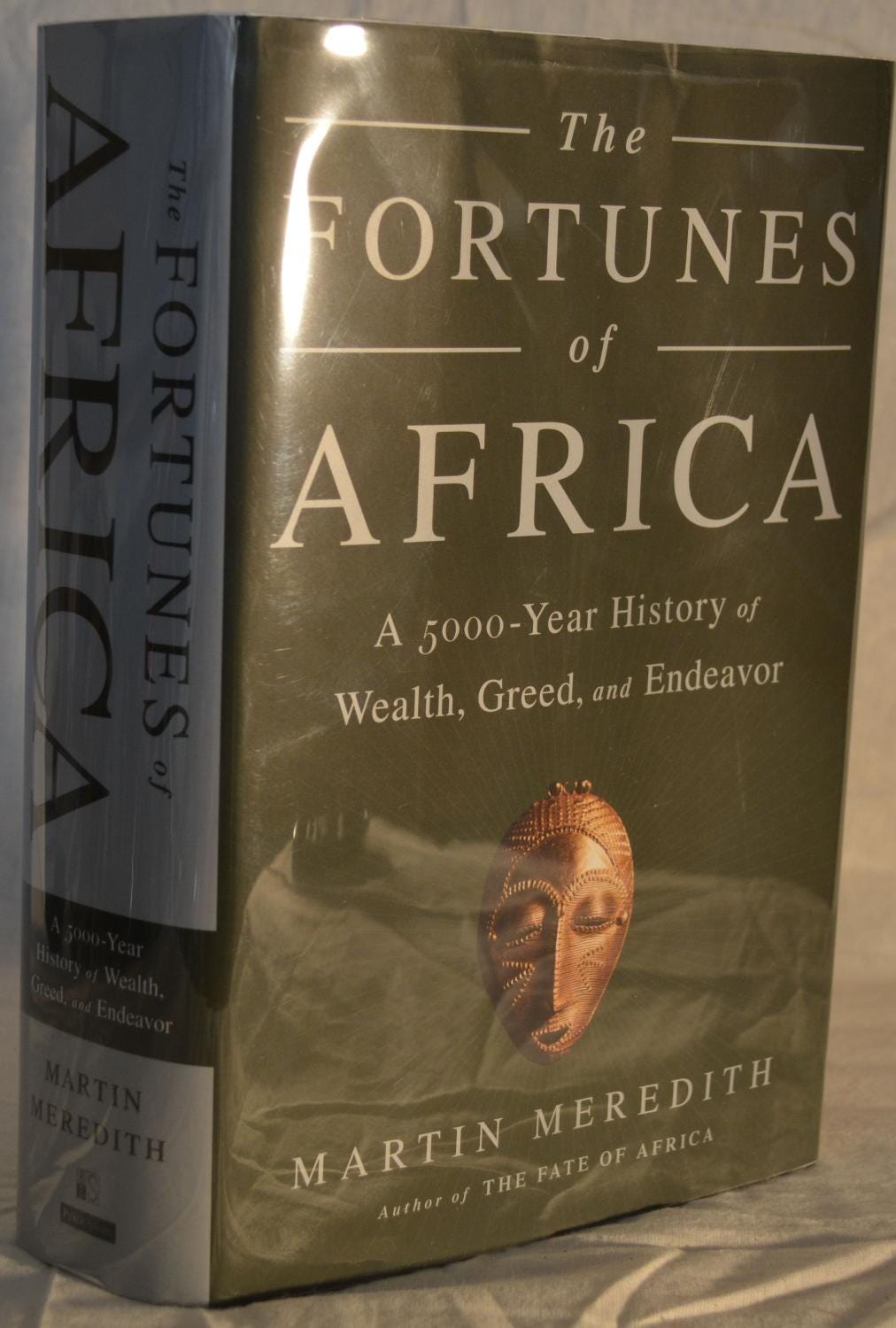

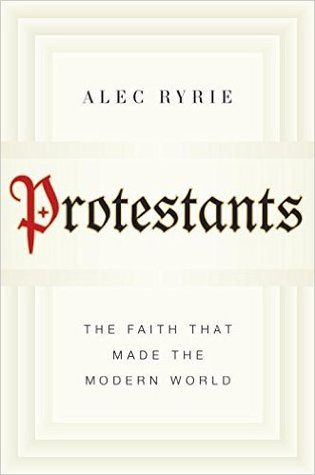
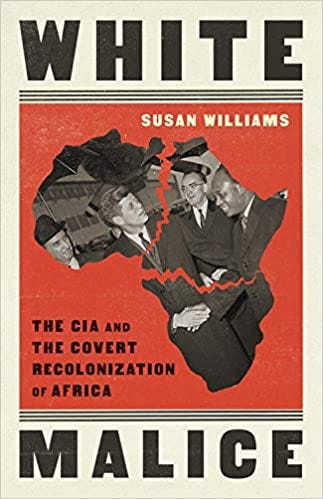

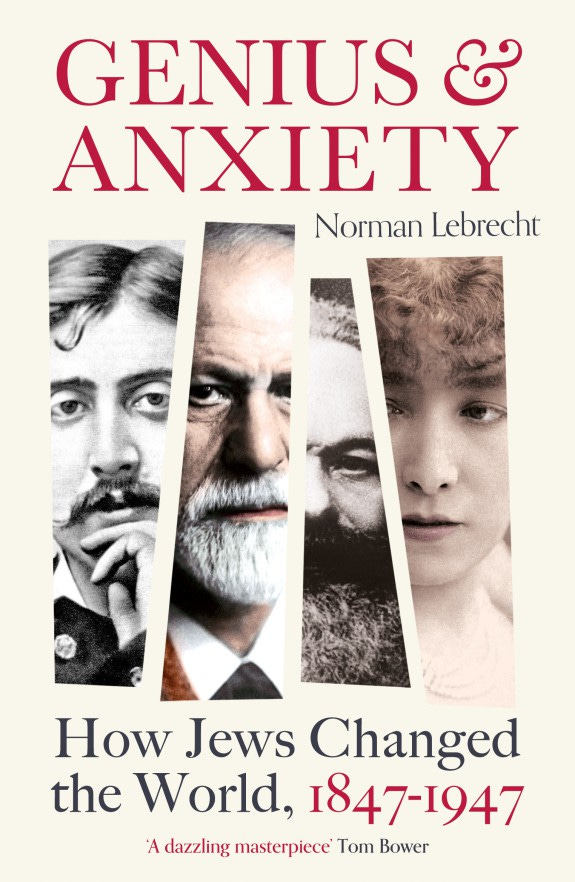
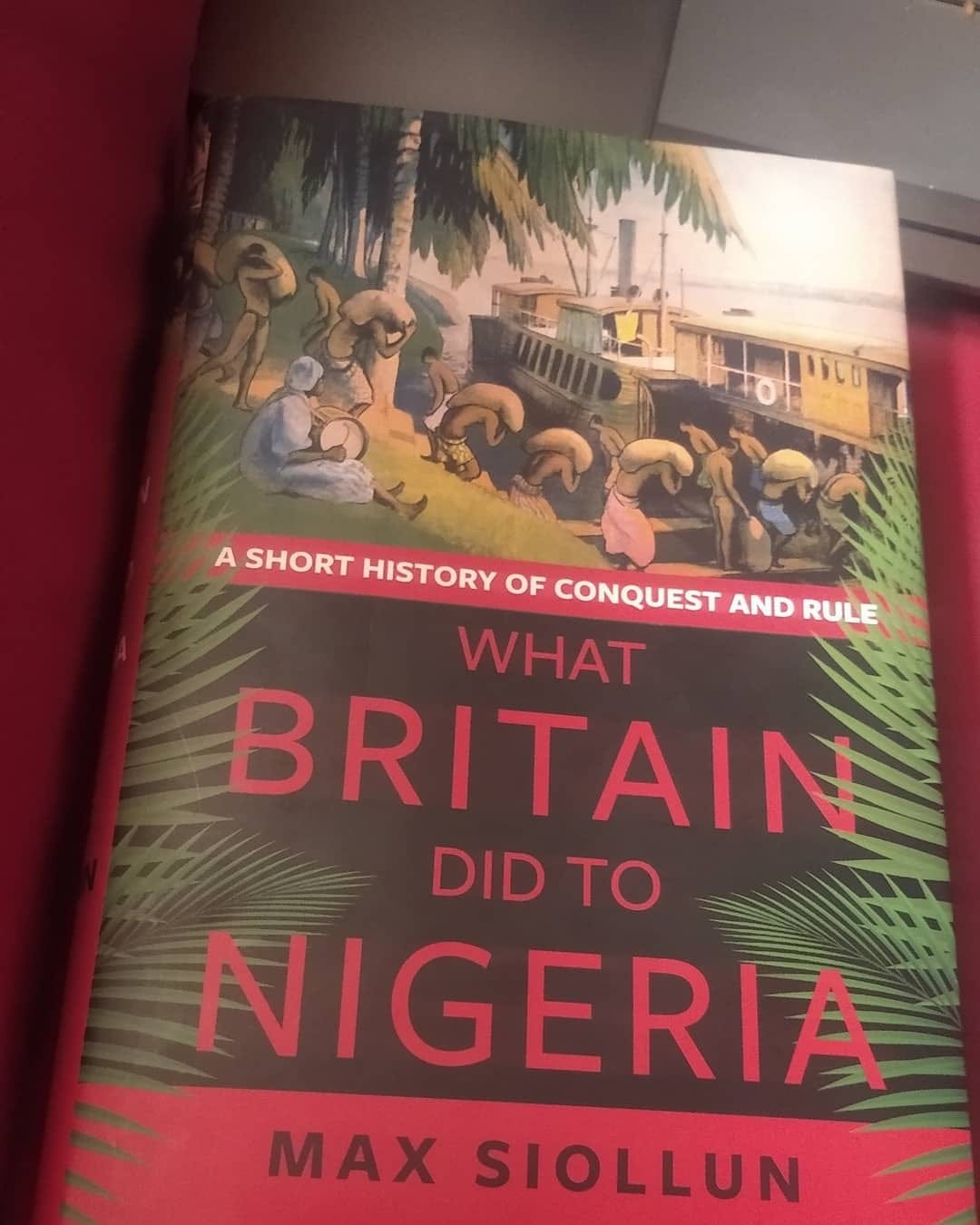


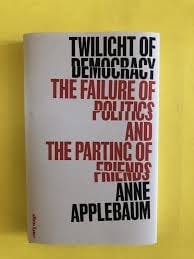
Thank you!